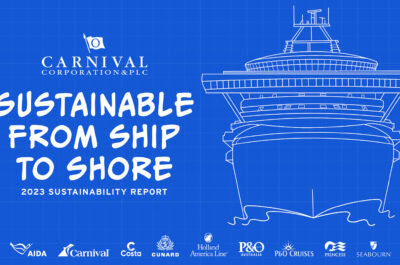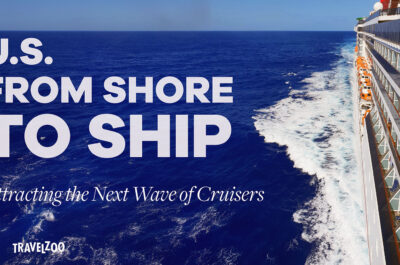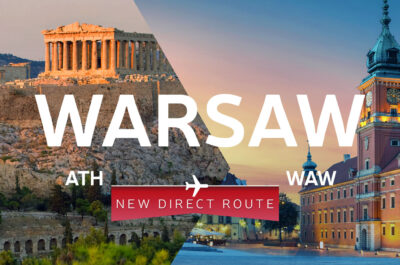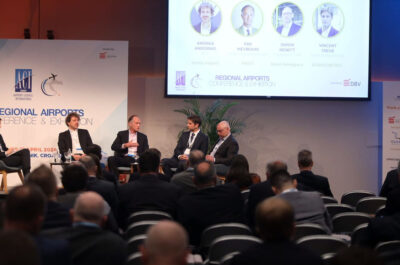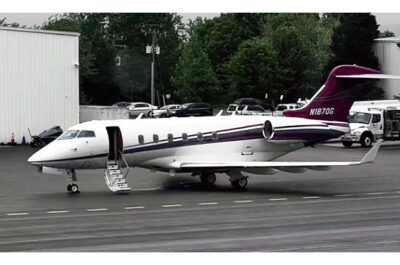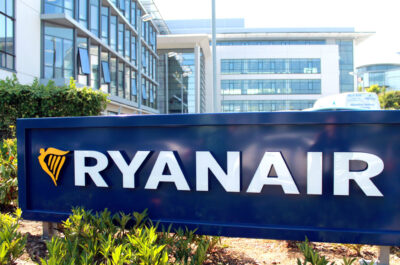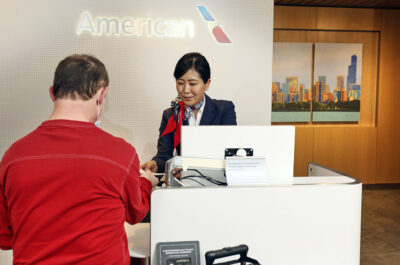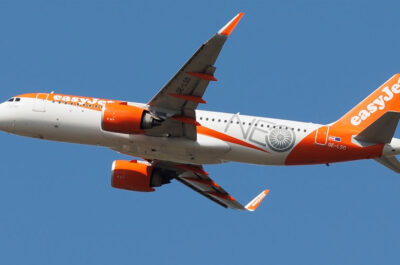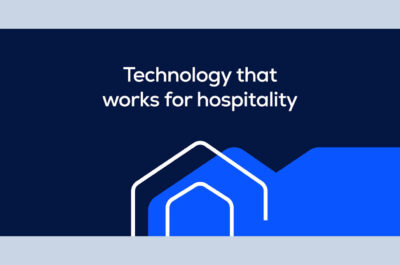New study identifies the importance of seamless, streamlined travel processes; points to improved communication with travellers and stakeholders as avenue to success.
ALEXANDRIA, VA. – A new study by the Association of Corporate Travel Executives (ACTE) in collaboration with HRS, “Simplifying Managed Travel 2.0” finds that travel programme leaders are committed to simplifying the business travel experience, yet face multiple obstacles as they prioritise the initiative.
Today’s business travellers are accustomed to the intuitive experience of booking personal travel, which has been streamlined by single-stop platforms like apps and websites. Akin to the 2017 study, “Simplifying Managed Travel,” the 2019 study illustrates that travel buyers remain committed to the idea of streamlining the business travel experience. In 2017, 72% of travel buyers indicated that initiatives to improve the effectiveness of their business travel programmes support the overall goals of their companies. In the 2019 study, that number rose to a nearly universal 97%.
Programme leaders generally express three core objectives for simplification: cost savings for the organisation, enhancing duty of care and boosting employee productivity. Each of these can be improved, to varying degrees, by streamlining the travel programme.
Overcoming Barriers & Engaging the Most Supportive Internal Stakeholders
The most significant barrier to simplification is competing organisational priorities, a challenge identified by nearly half (46%) of travel buyers. Secondary challenges can vary by programme size; respondents from programmes that spend $50 million+ annually cited limited staff, while medium-size programmes noted the lack of senior leadership support.
Overcoming these barriers requires alignment with internal and external stakeholders. However, the top four departments named by respondents as most helpful with implementing simplification initiatives illustrate how managed travel has changed over the past two decades:
Which internal departments have been most helpful in supporting programme simplification?
- Risk/Security 49%
- Procurement 46%
- Communications 44%
- Travellers 41%
“Programme leaders can see a real opportunity in these results,” said Greeley Koch, vice president of marketing for HRS. “The procurement and risk management groups have a mature grasp of the importance of travel, and they are engaged to help programmes improve. And when you get the travellers on board, they can help expedite achievement of the highest goals. It’s noteworthy that HR and executive sponsorship – while always important to have aligned – do not rank among the top four.”
“These findings point to an opportunity for travel buyers as leaders at their organisations,” said Leigh Bochicchio, executive director, ACTE. “Buyers know the benefits of simplification and have compelling arguments in its favour – being able to channel their expertise will help them secure leadership buy-in for prioritising simplification and demonstrate the great value they bring to their businesses.”
Tatiana is the news coordinator for TravelDailyNews Media Network (traveldailynews.gr, traveldailynews.com and traveldailynews.asia). Her role includes monitoring the hundreds of news sources of TravelDailyNews Media Network and skimming the most important according to our strategy.
She holds a Bachelor's degree in Communication & Mass Media from Panteion University of Political & Social Studies of Athens and she has been editor and editor-in-chief in various economic magazines and newspapers.





















































































































































